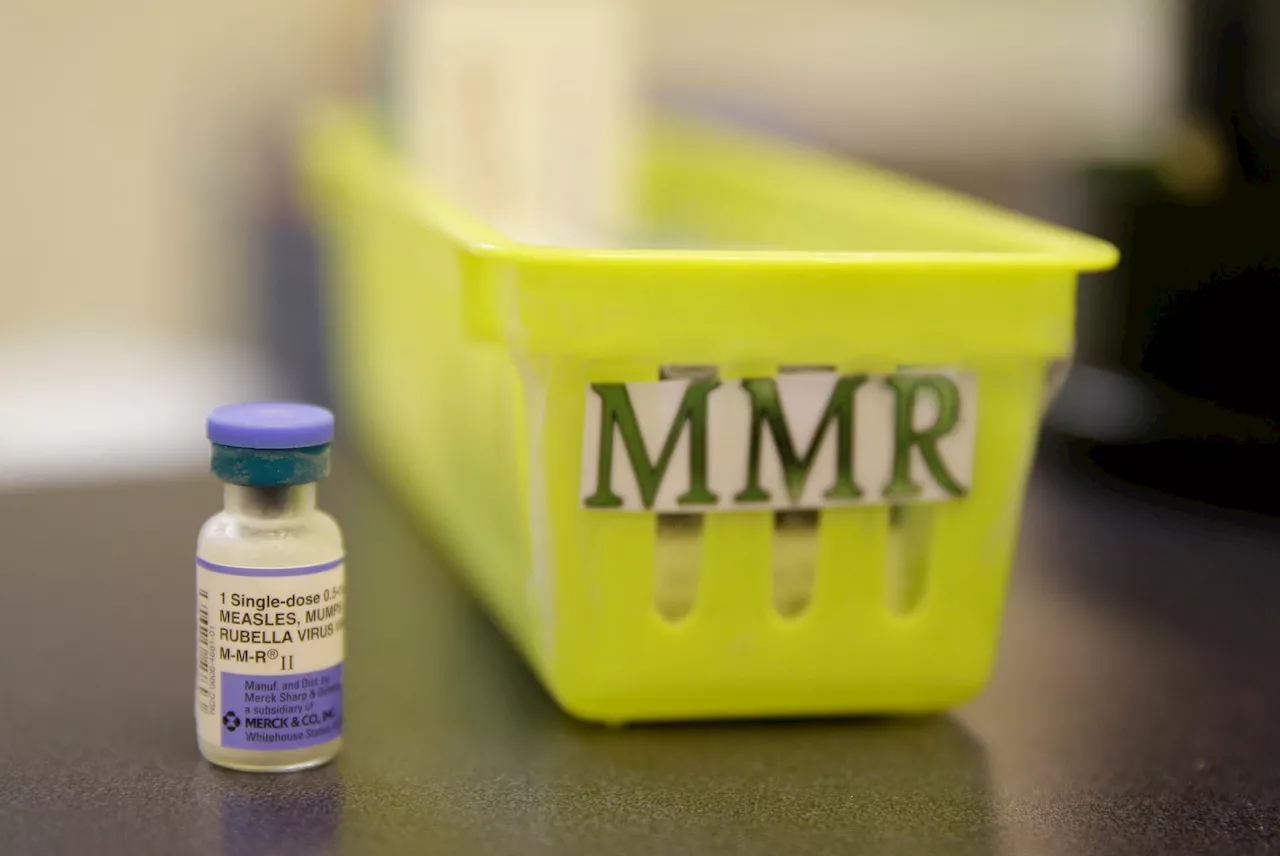UPDATE: Air traffic controllers at Seattle-Tacoma International Airport (SEA) are staging urgent protests today as they face their first missed paychecks due to the ongoing government shutdown. With nearly 20 airports nationwide affected, these demonstrations highlight the severe impact on the aviation industry.
As the shutdown continues, delays are escalating at SEA, with 45 flight delays reported just this morning. The American Federation of Government Employees, representing over 800,000 workers, is calling on Congress to temporarily reopen the government, adding pressure on lawmakers to reach a resolution.
At Sea-Tac, union members are actively distributing informational flyers to raise awareness about the financial and operational challenges facing air traffic controllers. Many are forced into mandatory overtime, working six-day weeks with ten-hour shifts, leading to heightened stress and fatigue. Some controllers are taking on second jobs to make ends meet, exacerbating the situation.
In a concerning trend, transportation officials report that some controllers are calling in sick due to financial strain, compounding an existing shortage of about 3,000 air traffic controllers, the lowest staffing levels in decades. Union leaders emphasize the dedication of these professionals, who remain committed to safety and service amid dire circumstances.
The shutdown is also hindering critical projects aimed at modernizing the Federal Aviation Administration, potentially leading to further flight delays. On Friday, delays at multiple airports ranged from 20 to 40 minutes due to staffing shortages, with even a ground stop reported in Austin, Texas.
The demonstrations at SEA are set to continue throughout the day as union members seek to inform the public about the cascading effects of the government shutdown. As air traffic controllers rally for their rights, the aviation sector remains on high alert, marking a pivotal moment for workers and travelers alike.
Passengers flying in and out of SEA are advised to stay updated on flight statuses and anticipate potential delays. The unfolding situation demands immediate attention from lawmakers to ensure the safety and efficiency of the nation’s airspace.







